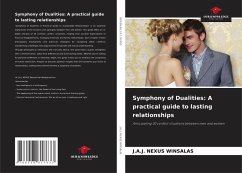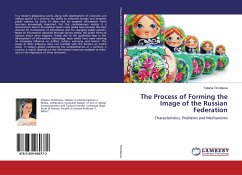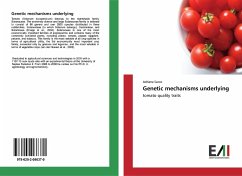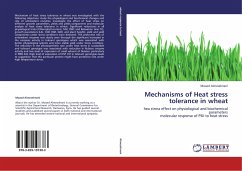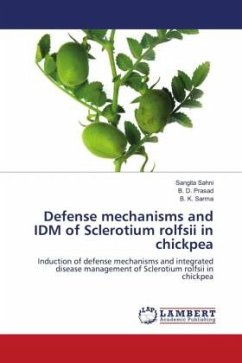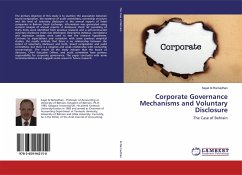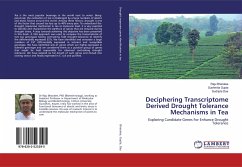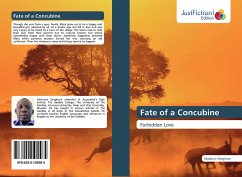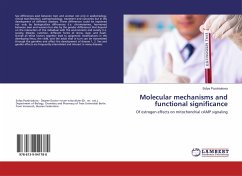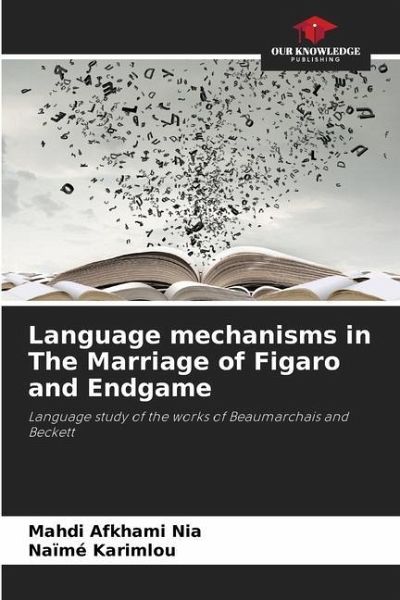
Language mechanisms in The Marriage of Figaro and Endgame
Language study of the works of Beaumarchais and Beckett
Versandkostenfrei!
Versandfertig in 6-10 Tagen
29,99 €
inkl. MwSt.

PAYBACK Punkte
15 °P sammeln!
This book reveals the chronological deformation of language and its power of plasticity and infinity. By its power of evocation, it can suggest at the same time life and death, misery and happiness. It can even make us see the void, the nonsense and the gap. We see in this research how language tends to be replaced by inner monologue and silence. Then, a synthetic approach is made that underlines the similarity between The Marriage of Figaro and Endgame, with the aim of justifying the reason of their rapprochement and to simplify the application of an analytical approach. The book also discuss...
This book reveals the chronological deformation of language and its power of plasticity and infinity. By its power of evocation, it can suggest at the same time life and death, misery and happiness. It can even make us see the void, the nonsense and the gap. We see in this research how language tends to be replaced by inner monologue and silence. Then, a synthetic approach is made that underlines the similarity between The Marriage of Figaro and Endgame, with the aim of justifying the reason of their rapprochement and to simplify the application of an analytical approach. The book also discusses the language mechanisms in The Marriage of Figaro, which contribute to the comical and even tragic aspect of this play. It also highlights the verbal and paraverbal decay in Samuel Beckett's Fin de partie. We will also see how Beckett showed the notion of incommunicability through the mechanisms of language and how the Beckettian writing tends tirelessly to resist between drama and comedyand to put the reader in an obsessive ignorance and still continue to attract him until the end of the play.



